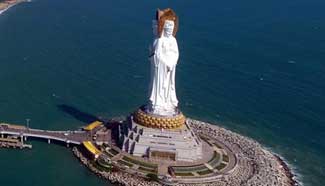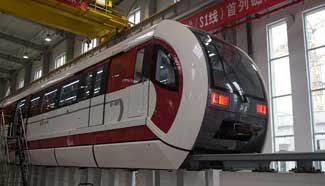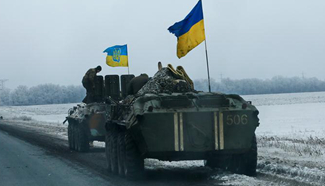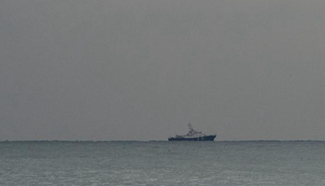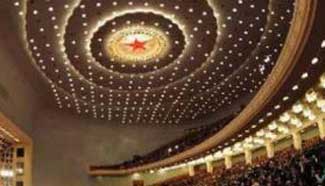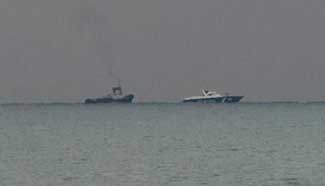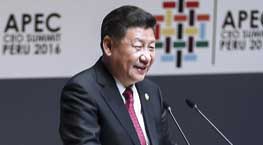DAMASCUS, Dec. 25 (Xinhua) -- The drinking water has been out of the capital Damascus for three days, as the authorities accuse the rebels of contaminating the water sources feeding the capital.
The Damascus City Water Supply Authority said in a statement that "terrorist attacks have targeted all water sources feeding Damascus and its surrounding."
It added that the local administration in Damascus is using the reserve water supplies to secure part of the needs of the capital's over five million inhabitants.
It noted that the water supply conditions will get better in the next few days.
Meanwhile, pro-government al-Watan newspaper said the rebels in the Wadi Barada and Ain al-Figeh areas in northwestern Damascus had contaminated the drinking water with diesel.
In return, the authority was keen to deliver the water from the reserve wells.
The Syrian army heavily shelled the rebel positions in Ain al-Figeh, and called in backups to prepare for the second stage of the military operations there.
Efforts to establish reconciliation between the rebels and the authorities have been amid reports of disagreement between the rebels and the al-Qaida-linked Nusra Front, which led to the contamination of the drinking water.
Meanwhile, Sham FM radio cited officials at the water supply establishment as saying that an emergency plan was put into force to provide each individual with 30 to 35 liters of water daily.
It said the rebels have boobytrapped the water spring in Ain al-Figeh, and diverted the water into the Barada river to deprive the capital of water.
The shortage of water has pushed the capital residents to resort to the water bottles, as the government sent truckloads of bottled water to roam the city streets in order to sell the water in the official prices and prevent any attempt of monopoly.
The rebels have repeatedly tried to use the water weapon to pressure the government into bringing its attacks to a halt on the rebels where the water resources are located.

